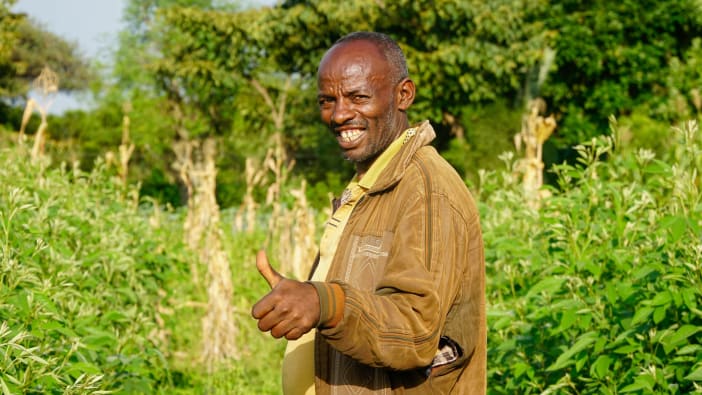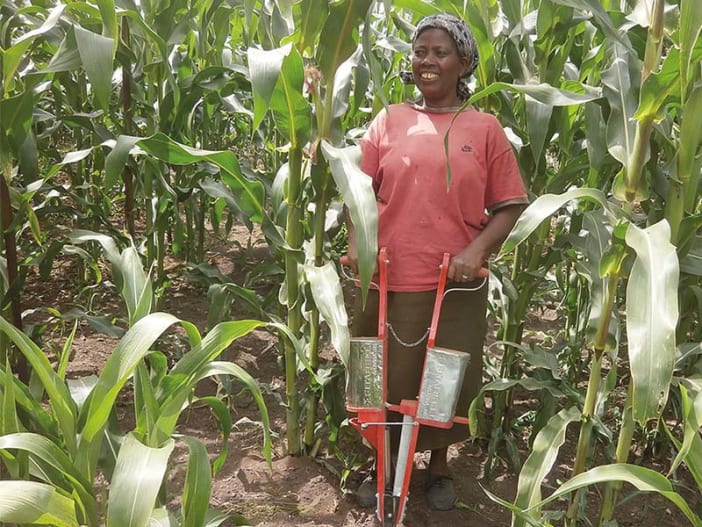Dowsing or water divining, can mean different things to different people. To the scientific community it is superstitious nonsense; to many farmers in Britain and elsewhere it is a useful method of finding good water for their livestock; to many it is something of a mystery. Finally, some Christians believe it to be dangerous and linked with satanic powers. However, due to its widespread use in many parts of the world it is a phenomenon worthy of investigation.
In the region of Scotland where I come from dowsing is part of our culture. I know two professional dowsers who are brought in to find water when a new well is required. Various methods are used for dowsing such as a Y–shaped hazel stick, two bent copper rods or metal coat hangers or a half-filled bottle of water. People can search for water, old mine shafts, electrical cables and gas mains. Accepting that there is an effect to study, dowsing may be a powerful tool in the search for water. Many geologists with no interest in any spiritual matters will be content with the idea that dowsing is an effect created by underground rocks, giving details of the local ground-water to the student. Perhaps because geologists spend a great deal of time in the solitary rural areas, they are more prepared to believe an effect of which they have little understanding – a rare habit in the scientific community.
I have seen dowsing used in the UK and Southern Africa to supplement geological investigations where the ground water conditions present a number of equally good sites for water. It is my experience that dowsing requires, not so much faith, as hard work and practice in order to determine the depth, quantity and quality of the water source. The effect appears to be useful but by no means conclusive in the search for water. It should certainly make no part of a formal training redundant. However, in a world where the search for water is increasingly important, should we throw away any useful indicator of the presence of water?
In Chicualacuala, Mozambique, there was an urgent need for improved water supplies due to a huge influx of refugees. People were walking 15 km to the nearest water hole. After thorough geological surveys, we used other methods to attempt to pinpoint the most likely areas for well drilling. Termite hills were mapped to see if any lines developed. A square pattern of dowsing was then carried out. The meeting of lines of termite hills, strong dowsing readings and hopeful geological patterns helped us identify the most likely locations for drilling. Over half the boreholes drilled were productive enough to be provided with a hand pump. Our drilling team consistently achieved a higher success rate (over 70%) than other teams operating in the same area.
From my own experience as a geologist and water engineer, I believe dowsing is one of the large number of things that we do not know about God’s creation. God created both us and our environment in a most complex fashion. As fallen, sinful people, we are ignorant of much of nature in a way that Adam and Eve were not. Hence there is much that we are now only dimly aware of and sensitive to. Forces and effects that are neither good nor bad in themselves simply exist all around us.
Dowsing in many cases may prove to be an appropriate technology for rural areas. However, a good deal of experience is required before the information can be treated as reliable. Before ‘having a go’ in any area unfamiliar to you, first take into account any cultural objections there may be to this practice.
William Hume Igreja Evangelica, CP 326 Bissau Codex 1001, Guinea Bissau









